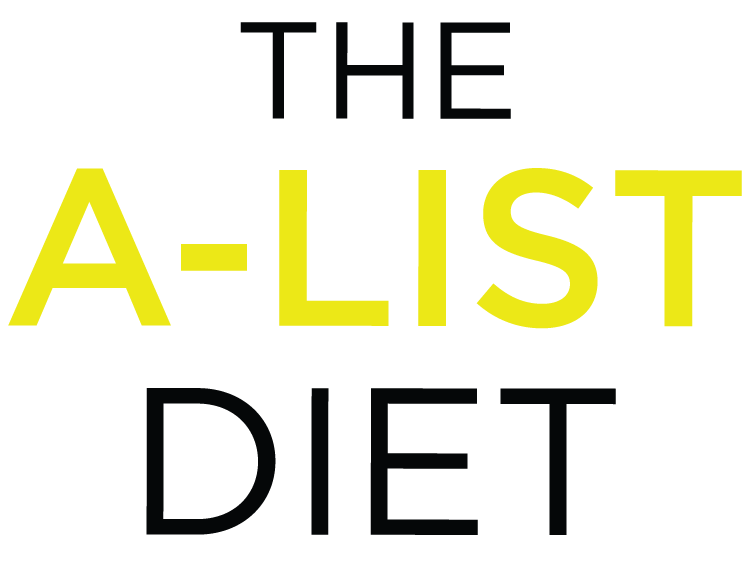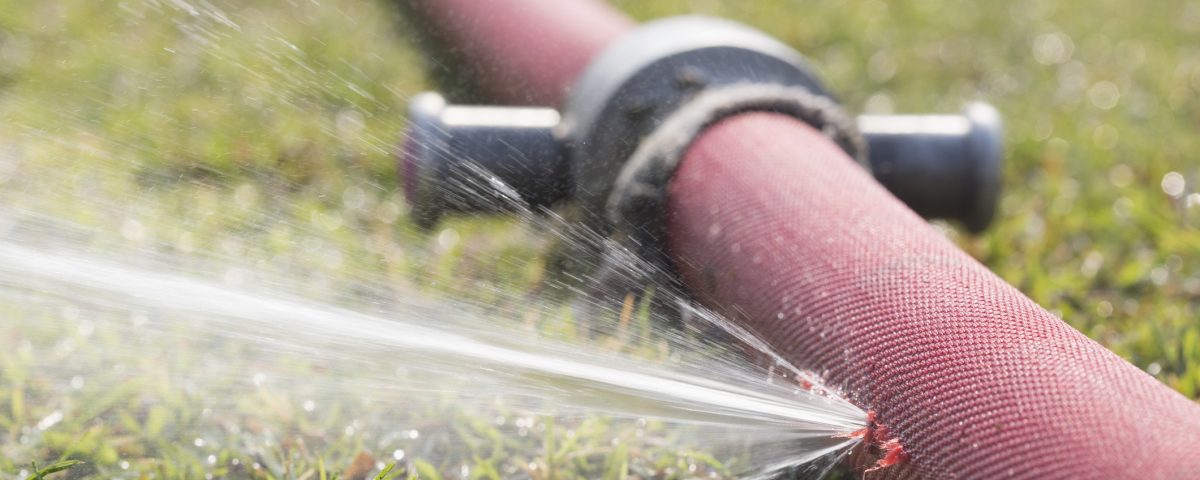I often talk about how gut health is a cornerstone in optimal health and managing your weight. Various studies show that toxins and bacteria stored in the gut can lead to obesity, insulin resistance, higher levels of inflammation, and a long list of metabolic disorders.
So what happens when your gut health isn’t up to par? Or worse, what happens when your gut actually LEAKS?
Intestinal permeability, simply referred to as “leaky guy,” can really take a toll on your health and your weight. Many holistic health experts consider it to be one of the largest undiagnosed health issues in the U.S. today. Essentially, leaky gut inhibits proper nutrient absorption and introduces inflammatory elements into your bloodstream.
Leaky gut occurs when the lining of your digestive tract becomes irritated and permeable, to the point where larger, undigested food molecules escape and have a free-for-all in your bloodstream. Included in these molecules are yeast, toxins, and other forms of waste. These toxic invaders force your liver to work overtime and can make their way into your bodily tissues, sparking inflammation — the No. 1 enemy of anyone trying to lose weight.
How can you tell if you have leaky gut? The most common symptoms include:
• Chronic constipation, gas, bloating, or diarrhea
• Excessive fatigue
• Food sensitivities
• Poor immune system
• Nutritional deficiencies
• Headaches
• Brain fogs or memory loss
Research has shown that the root causes attributed to leaky gut syndrome are poor diet choices, chronic stress, bacterial imbalances, and a toxin overload in your body. All health issues I tackle in The A-List Diet.
To get started in remedying leaky gut syndrome, I recommend three things:
1. Take a probiotic. Focus on improving your gut health by introducing good bacteria. I stand by Dr. Ohhira’s Probiotics — it contains twelve strains of living bacteria (without having to be refrigerated) and is the only one I recommend to my patients. Take once a day.
2. Increase glutamine intake. This essential amino acid helps improve GI health, as it’s a vital nutrient for helping your intestines repair and rebuild themselves. Additionally, it helps heal ulcers and reduce the occurrence of IBS and diarrhea. Not to mention, it’s my go-to aid for fending off sugar cravings.
This amino acid is mostly found in foods such as asparagus, bone broth, grass-fed beef, turkey, and wild-caught fish. (You can learn more about this and other essential amino acids in Chapter Six of The A-List Diet.) In supplement form, I recommend 500 mg three times a day.
3. Eat better. Your micobiome, or gut, affects the rest of your health from the inside-out. It can be either positive or negative, but either way, your gut health acts as a domino effect in your overall health. That’s why it’s important to address it head-on. And the best place to start is with diet.
My A-List Diet is similar to the Mediterranean style of eating. This diet supports healthy gut function by cutting out all processed foods, which are huge irritants of an inflamed GI tract. Its emphasis on fresh fruits and veggies also allows your body to absorb nutrients that battle the inflammation within your body. The A-List Diet takes these benefits a step further by adding the gut-supporting (and healing) power of protein-boosting and amino-acid blending.
For more healthy tips on how to eat well, I lay out meal plans, shopping lists, and give you the science behind it all in The A-List Diet. If you haven’t already picked up a copy, you can get one by clicking here.
In the meantime, if you’re having trouble losing weight, be mindful of how you feel and take note of any leaky gut symptoms resembling the ones I mentioned above. Because this is one leak you have to fix — your health depends on it.
A-Lister’s Corner
Here’s a great question submitted from Carmen S. and it’s something that even I struggle with often:
“Hi, Dr. Fred-
I really want to lose 50 pounds. I took the first step and purchased The A-List Diet book, but for the past few weeks, it’s just been sitting on my kitchen counter collecting dust.
Losing all of this weight feels overwhelming and intimidating whenever I think about it. How do you recommend beginners find the willpower to change, especially on days you just don’t feel like worrying about weight?
Sincerely,
Carmen S.”
This is a really powerful question. Breaking the psychological cycle is every bit as important as breaking your physical dependence on certain types of food.
And trust me, there are days where I’d like to gorge on ice cream. But I don’t. And, sometimes, it’s hard.
But you should congratulate yourself on taking the first step in your weight loss journey by actually DOING something about it. (Yes, just buying a book counts as a first step. Most people never even get that far.) It CAN be overwhelming…but don’t forget — you have all the tools you need laid out for you in The A-List Diet.
Think of it like a roadmap to weight loss — follow it, and you’ll reach your destination without any trouble.
A few tips I have for you as you’re beginning your journey:
1. Ditch your expectations. That’s not to say you shouldn’t expect to lose weight. Because if you follow the steps I outline in The A-List Diet, you will lose weight. What I mean is that you need to rid yourself of the specific goal of losing 50 pounds. You will only frustrate yourself if you don’t reach this arbitrary number as fast as you’d like. Instead, realize that ALL weight loss is good. It doesn’t matter how much or how long it takes, as long as the number goes down.
2. Start with something when it comes to fitness. It doesn’t matter which form of exercise you choose. Even if it’s just a short walk after dinner.
3. Treat eating right and exercising the same way you would any professional obligation you have. Because it’s JUST as important (if not more).
4. Don’t eat to regulate your mood. This a huge enemy to those trying to lose weight. Instead find other ways to manage emotions. First, rid your house of the food you know isn’t good for you. Out of sight, out of mind…and less likely to give into a momentary craving! When stress hits, get outdoors, revisit an old hobby, journal, use music therapy, or call a family member.
5. Find your support network, and share your decision to commit to a healthier lifestyle with them. Ask for their support. However, don’t rely on anyone else to help you make healthy decisions. Your weight loss journey is about you and no one else. Be confident in your success and know that you — and ONLY you — can be held accountable.
Best of luck! (You can find more tips and information about conquering food addition in Chapter 10 of The A-List Diet).
One More Thing
Sadly, it’s far easier to be unhealthy than to be healthy in this country. The U.S., plain and simple, doesn’t put science-based health and nutrition at the forefront. It’s all about convenience and instant gratification.
We also no longer eat out of necessity, but out of abundance. We eat when we’re angry, sad, or bored. Our emotions almost always dictate how, what, and when we eat.
Breaking this psychological dependence on food is every bit as important as any other part of losing weight.
Know that you will have extra work to do in order to overcome these obstacles. But it’s not impossible — and it will pay off in dividends (and years added to your life).
Until next time,
Dr. Fred
Source:
http://www.shape.com/lifestyle/mind-and-body/everything-you-need-know-about-leaky-gut-syndrome

